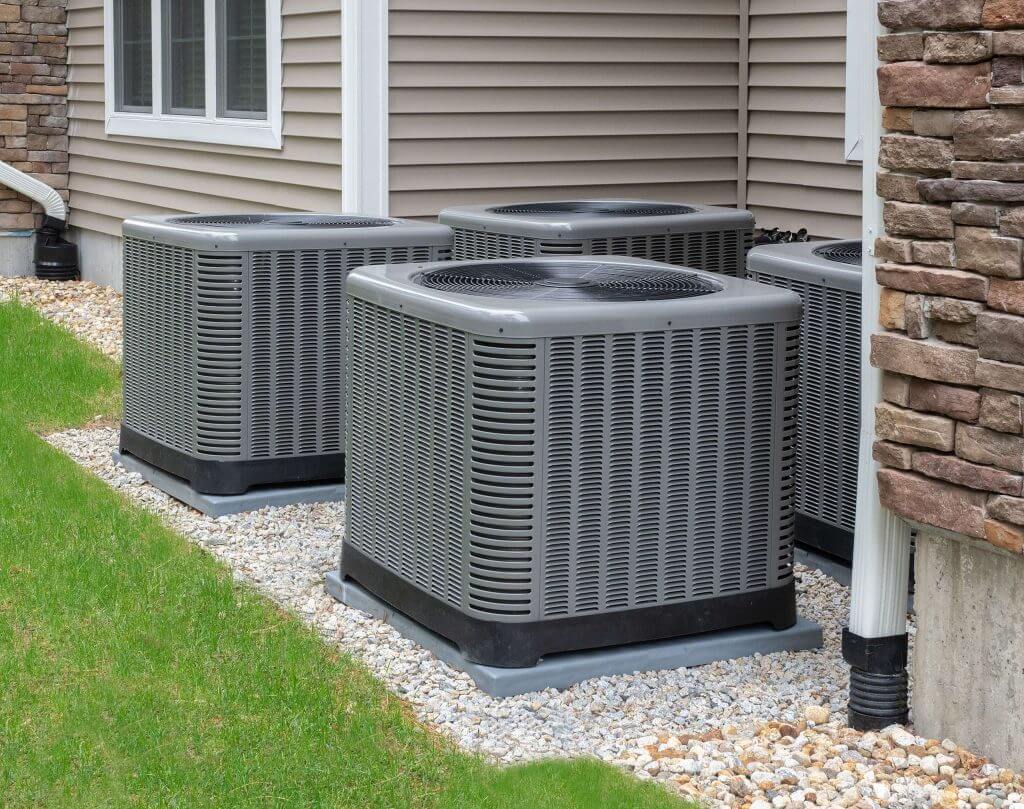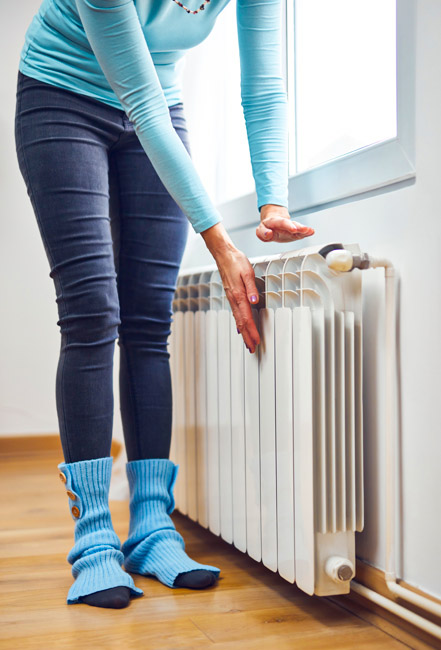What To Expect During An Hvac System Replacement
Replacing an HVAC system is a significant investment that requires careful consideration. It can be difficult to know what the process will entail and how it might affect one’s home or building environment.
This article provides insight into what can be expected when replacing an HVAC system, offering guidance on the types of considerations one should take into account in order to make an informed decision.
The information presented here is designed to help readers understand what they may encounter during the replacement process, so they are well-prepared for their own particular situation.
Choosing The Right System
When replacing an HVAC system, the first step is to select a suitable size and type. The capacity of the new unit should be based on the square footage of the space it will heat or cool, as well as other factors such as insulation levels and geographic location.
It is important to have a professional cooling and heating replacement service assess your home before selecting any equipment; this helps ensure you choose the right size for optimal efficiency.
In addition to choosing the correct size, you also need to compare brands that offer quality components at reasonable prices. Many manufacturers provide detailed specifications about their systems online which can help with selections.
Comparing performance ratings from independent sources can also help identify potential issues such as noise level output or energy-efficiency advances in newer models. With careful research, you should be able to find an appropriate replacement system for your needs along with installation services from certified technicians who specialize in residential HVAC systems.
Preparing For Installation
Once the homeowner has chosen an HVAC system that meets their needs, it is time to prepare for installation. This involves assessing existing infrastructure and determining what type of installation will be required in order to ensure a smooth transition from the old system to the new one.
It also entails setting a budget so as not to overspend on materials or labor costs associated with the project. The assessment process should include examining the current ductwork, venting systems, location of indoor units, access points for outdoor components, and any other related elements that need to be considered prior to installing a new HVAC system. Depending on these factors, it may also be necessary to modify or upgrade certain parts of the home’s existing structure in order to accommodate all components of the new unit.
Installing The System
The installation of a new HVAC system is an important step in ensuring that the home or building has efficient energy use and comfortable temperatures all year round.
To begin the process, it’s essential to establish what kind of ductwork requirements are needed for optimal efficiency and safety. Having this information ready will help ensure that the job goes quickly with minimal disruption.
The first step in beginning an HVAC system replacement is selecting the right equipment based on size and other criteria relevant to the specific needs of the project.
The air conditioner installers should also be knowledgeable about both local codes and regulations as well as manufacturer recommendations.
Once everything is set up, testing can begin to make sure that all systems are operating correctly before finalizing setup and turning over control of the unit to its new owner or occupants.
Testing The System
Testing the newly installed HVAC system is paramount for proper safety and energy efficiency. System testing involves a series of steps that must be conducted in order to ensure optimal performance.
After installation, technicians will first check for any leaks or loose fittings using specialized equipment such as pressure gauges and electronic detectors. All electrical connections should also be inspected to confirm they are properly secured before moving on to other tests.
The next step in the process requires running tests that measure airflow, fan motor current draw, temperature differences across registers, and refrigerant pressures among others. The results of these tests give insight into how well the system is functioning and allow technicians to make adjustments if necessary.
Training And Maintenance
Once the HVAC system has been tested, the next step is to ensure that it operates properly over time.
One of the most important parts of this process is hiring trained technicians and regularly inspecting and maintaining the system. Trained HVAC technicians in Mesa are key in ensuring that an HVAC system is functioning optimally as they can help identify any potential problems quickly before they become major issues.
Furthermore, regular inspections should be conducted every 6 months or so to make sure all components of the system remain in good working condition. This includes checking for dust buildup and other debris which may cause clogs or damage to internal components.
By conducting routine maintenance checks, one can rest assured their new HVAC system will run efficiently and effectively for years to come.
Disposing Of Old Equipment
Before a new HVAC system can be installed, the old one must first be disposed of properly. This is an important part of replacing an HVAC system as improper disposal can lead to serious safety and environmental issues.
Proper disposal includes safe handling, transportation, and storage of all components that make up the existing unit for recycling or reclamation. As these materials are often heavy, specialized equipment may be needed for moving them from their current location safely. Additionally, hazardous chemicals contained in some parts should never come into contact with people or the environment; therefore it is essential to ensure that they are stored correctly until removed by a licensed contractor.
It is also important to remove any other debris created during the installation process such as packaging material before disposing of it according to local regulations. With proper disposal techniques followed throughout the entire replacement process, homeowners can rest assured that their new HVAC system will run smoothly and efficiently without any unforeseen consequences due to neglecting this step.
Final Considerations
Disposing of the old equipment is just one step in replacing an HVAC system. Final considerations are important when deciding on a new system, and they should include energy efficiency and long-term costs.
Before selecting any particular model, homeowners should research all available options to make sure that their decision is well-informed and best suits their needs.
When considering energy efficiency, there are several factors to take into account such as size, features, age of technology used for components, and more.
Generally speaking, newer models with advanced technology tend to be much more efficient than older ones; however, this does not mean that these systems will necessarily be cheaper over time.
Homeowners should also consider other expenses associated with the installation or replacement of the entire unit in order to determine which option provides them with the most value in terms of cost savings and longevity.
It’s essential for homeowners to weigh out all potential benefits against the long-term costs before settling on a specific model for their HVAC system replacement.
Doing so can help ensure that they get the right system at the right price without sacrificing quality or performance.
Careful consideration now may lead to greater savings down the line while providing maximum comfort in any season.









